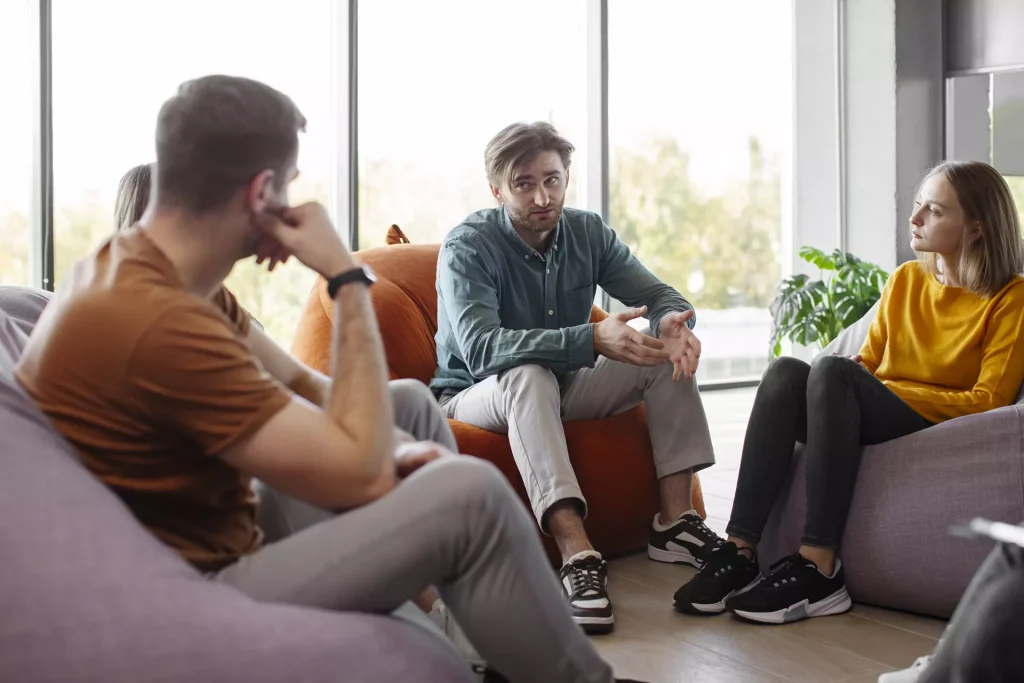24/7 Helpline:
(866) 899-221924/7 Helpline:
(866) 899-2219
Learn more about Group Therapy centers in Granada
Group Therapy in Other Cities

Other Insurance Options

Optima

PHCS Network

BlueCross

Health Partners

Optum

Coventry Health Care

Carleon

UnitedHealth Group

Amerigroup

Choice Care Network

BlueShield

GEHA

Regence

State Farm

Horizon Healthcare Service

Private insurance

Holman Group

Health Choice

United Health Care

Oxford


















